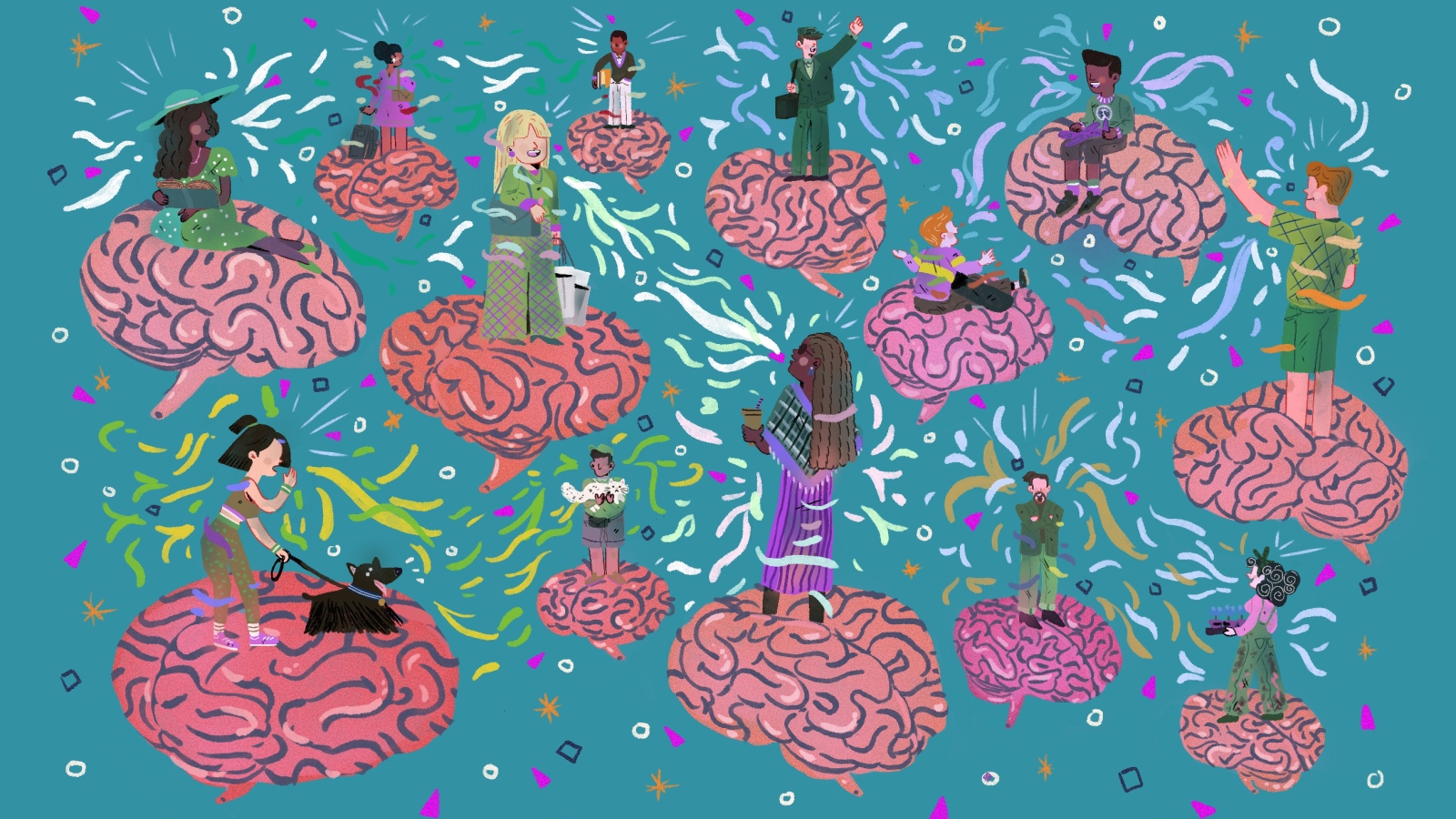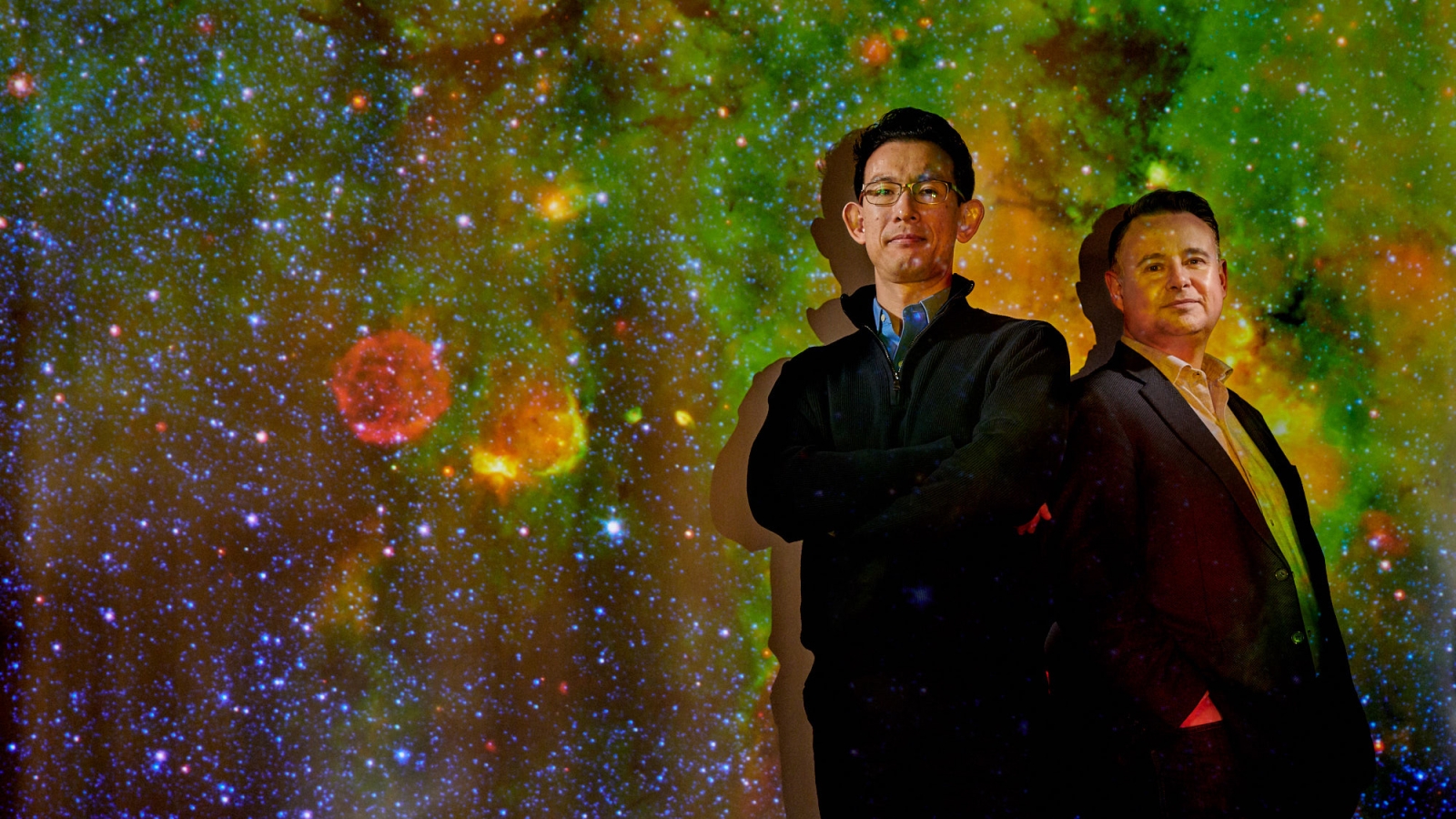Omnia 101
History of the Book
Whitney Trettien, associate professor of English and faculty director of the Price Lab for Digital Humanities, talks about the how books came to be and their continuing evolution.
What Can Polls Tell Us in 2024?
John Lapinski, Robert A. Fox Leadership Professor of Political Science and director of the Robert A. Fox Leadership Program and the Penn Program on Opinion Research and Election Studies, talks polling in this Presidential election year.
Omnia 101: World Heritage Sites and Conflict
Archaeologist Lynn Meskell, Richard D. Green University Professor of Anthropology, discusses UNESCO and why places designated as cultural touchstones often signify much more.
Omnia 101: Generative AI
Bhuvnesh Jain and Greg Ridgeway, co-directors of the Data Driven Discovery Initiative, explain ChatGPT and generative AI, and what this technology means for learning and education.
Omnia 101: The Federal Reserve Bank
We speak with Harold Cole, James Joo-Jin Kim Professor of Economics, to learn more about the Fed’s structure, objectives, and capabilities—and why it is especially relevant in times of financial crisis.
Omnia 101: Democracy in Africa
Wale Adebanwi, Presidential Penn Compact Professor of Africana Studies, discusses the state of democratic reform in Africa.
Omnia 101: Defining Modern Art
André Dombrowski, Frances Shapiro-Weitzenhoffer Associate Professor of 19th-Century European Art, discusses modern art’s origins, influences, and impacts.
Omnia 101: Linguistics
Nicole R. Holliday, Assistant Professor of Linguistics, on the science of what we say and how we say it.
Omnia 101: Human Cooperation
Coren Apicella, Associate Professor of Psychology, discusses how individual and social behavior evolves.
Omnia 101: Truth, Math, and Philosophy
Henry Towsner, Associate Professor of Mathematics, and Scott Weinstein, Professor of Philosophy, discuss the complex intersection of theory and proof.
Omnia 101: Listening to Music
Jairo Moreno, Associate Professor of Music, explains how listening is at once historical, social, personal, affective, and technical.
Omnia 101: Queer Theory
English professors David L. Eng and Melissa Sanchez explain how theory informs their research.
Omnia 101: Exploring the Unseen
Masao Sako, Associate Professor of Physics and Astronomy, and Mark Trodden, Fay R. and Eugene L. Langberg Professor of Physics, explain how dark matter and dark energy shape their work.












